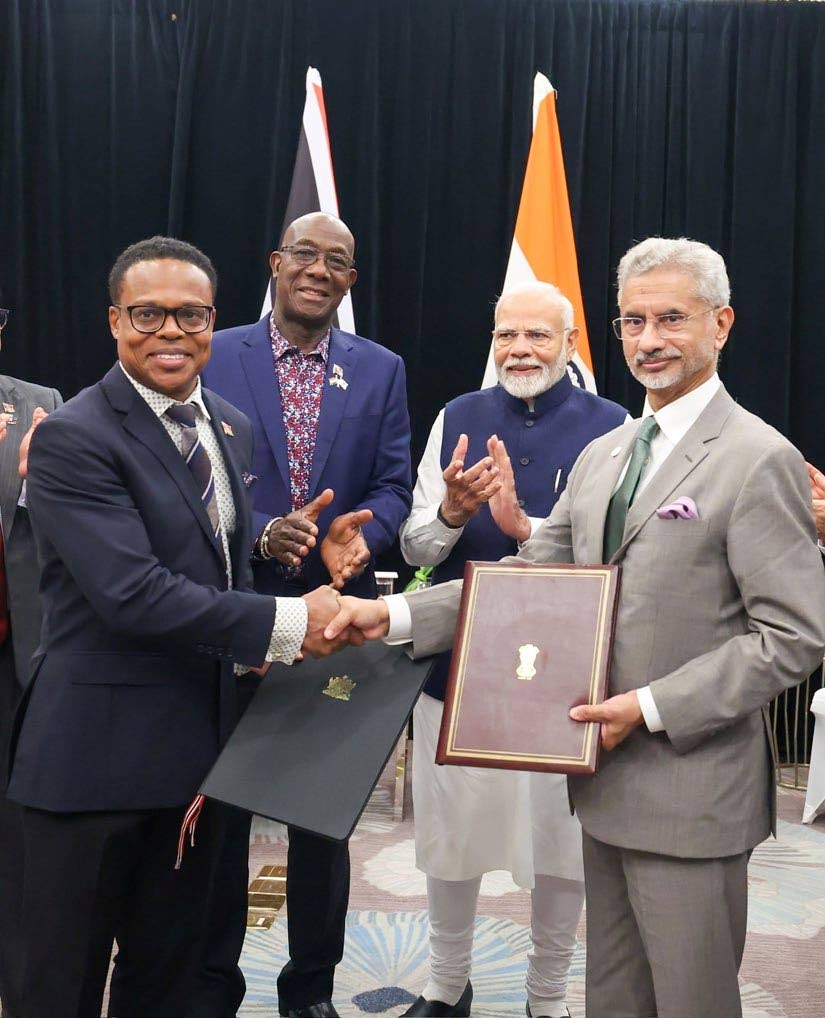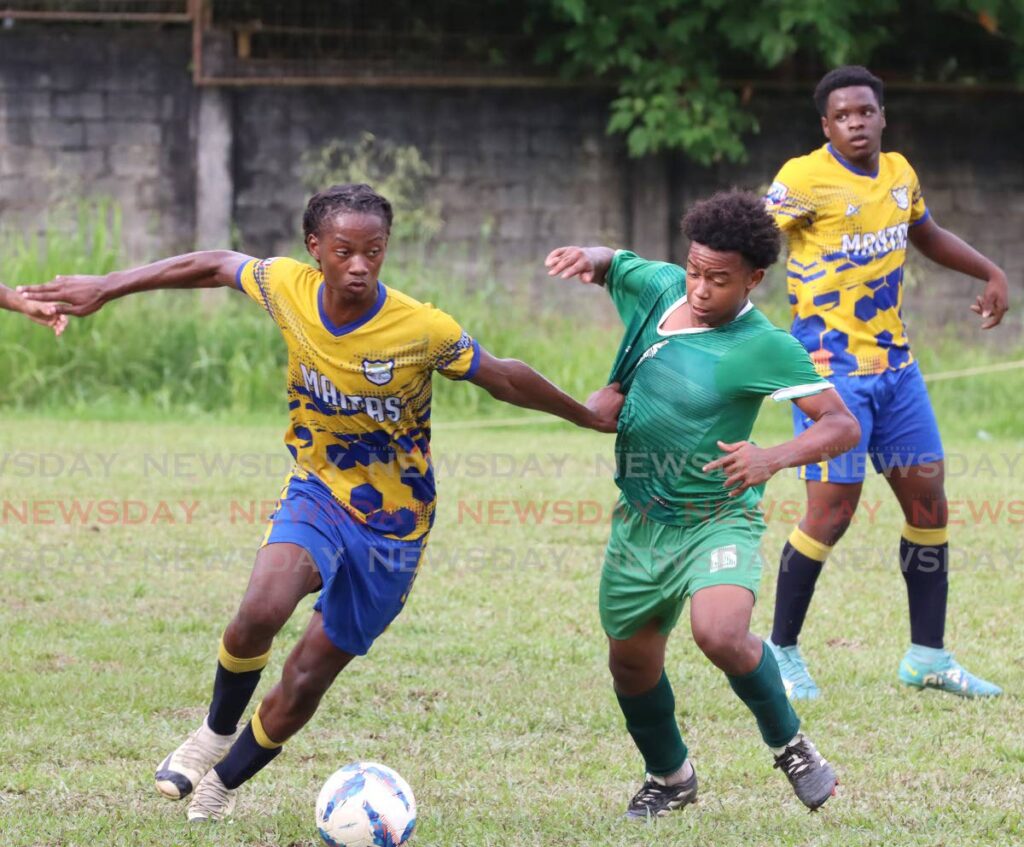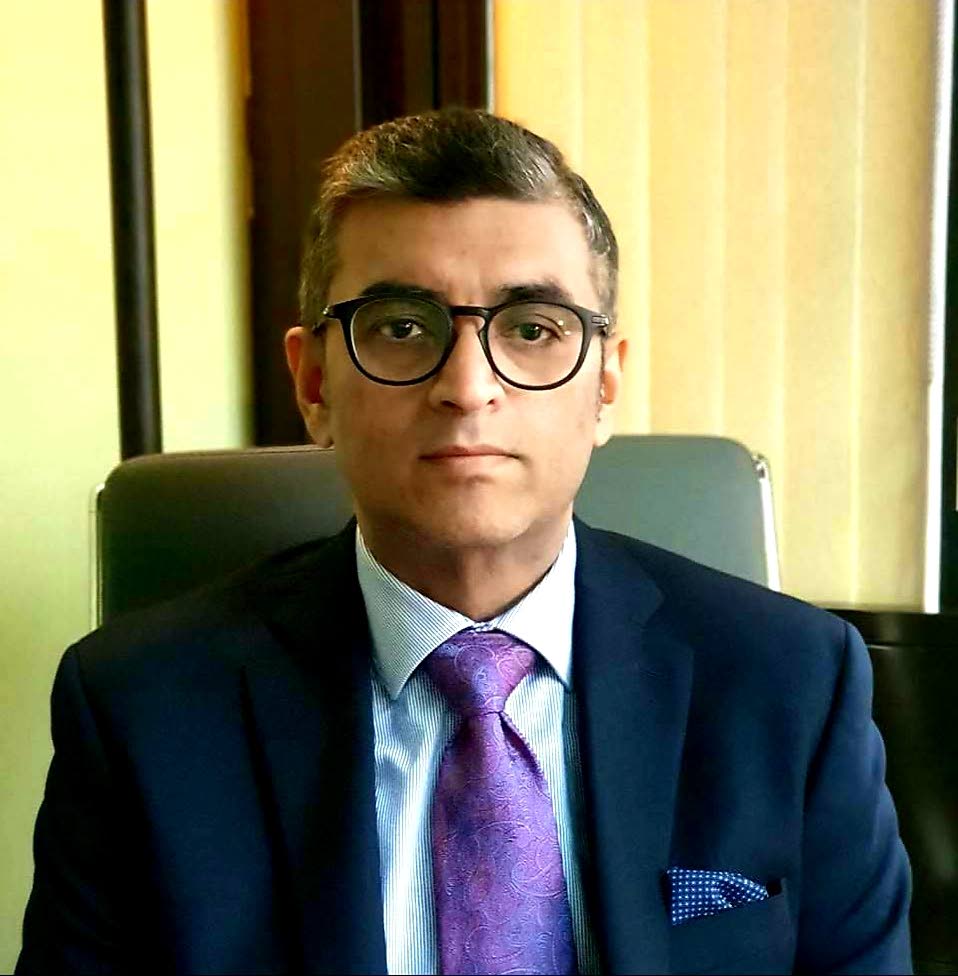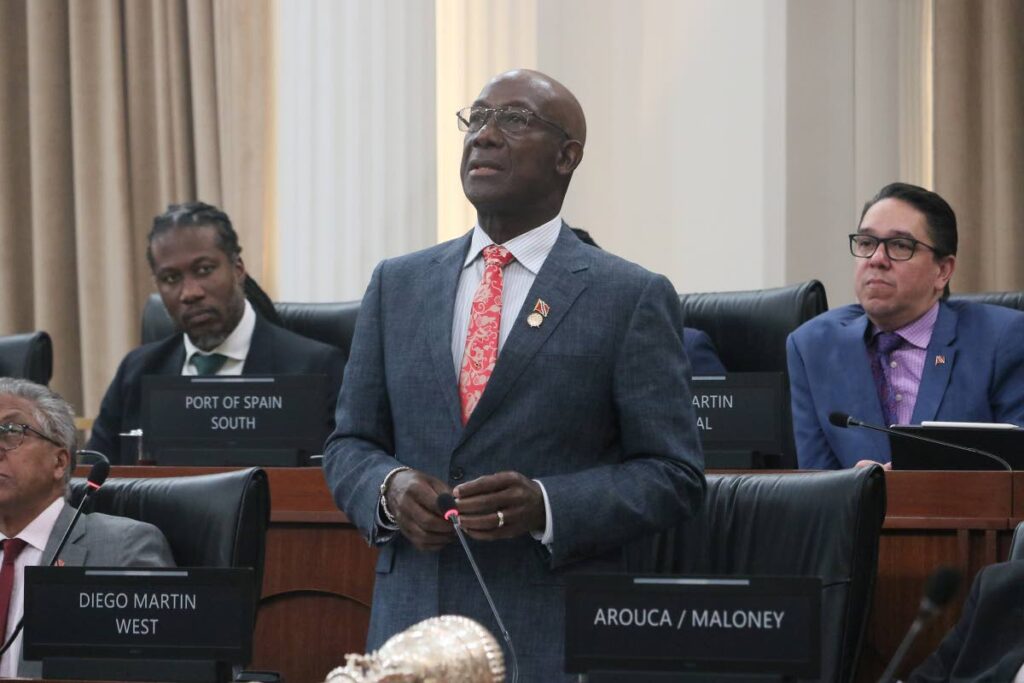Mariupol and Port of Spain
Written by Newsday on October 20, 2024
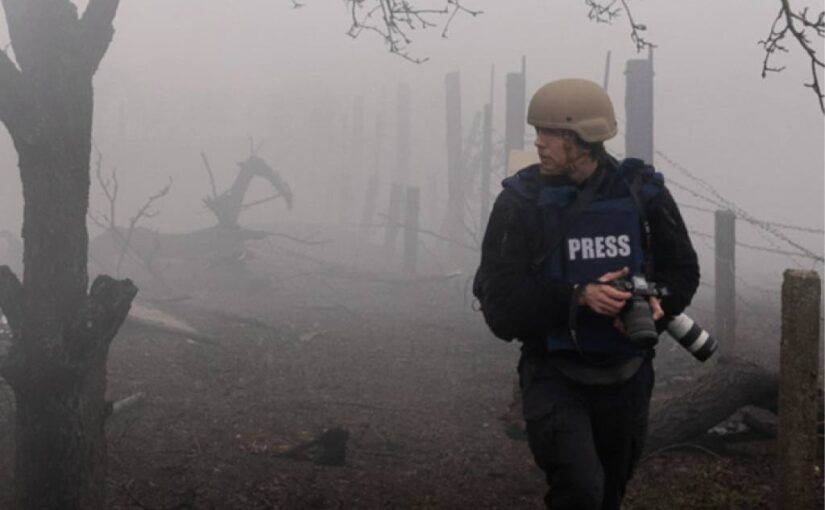
DINESH RAMBALLY
THE European Film Festival presented a screening of the film 20 Days in Mariupol a few days ago at the UTT auditorium in Port of Spain. I wish more Trinidadians could see this film as it presents a look at reality from an angle to which we are unaccustomed.
Too many of us see reality through filters. We remain trapped in our social media feeds and enjoy the sun or the rain without thought. As bad as our crime problem is, we walk around without the fear of bombardment and an invading force at our heels, threatening our way of life.
Once all these things we take for granted disappear, we become different people. This is exactly what happened to the people of Ukraine, and what the people of Mariupol lived with for nearly three months before the city finally fell to Russian forces in 2022.
The film was made by a group of Associated Press and PBS journalists, including the director Mystyslav Chernov, who were embedded in Mariupol as the invasion started, and who stayed there for 20 days, collecting footage and interviewing residents. It has won several international awards, including the Academy Award for Best Documentary in March.
The film begins with footage of Vladimir Putin announcing the “special military operation” on February 22, 2022, which he expected to last a few days. The footage then tracks the escalation of the conflict in the destruction of the city, day by day over three weeks. There are truly wrenching moments when the filmmaker encounters people in the streets – like an old woman running confusedly as the bombing starts, looking for her son, who she says is at work. Others wheel their belongings in shopping carts down the streets, refusing to speak and tell their names, and cursing the journalists.
But the truly harrowing moments come when the scene switches to a maternity hospital. We were shown moments which will remain with me for a long time: a delivery where doctors try feverishly to revive the newborn, an obviously pregnant woman being wheeled out on a gurney, bleeding, who, we are told later, did not survive. We see parents mourning their children, and in one particularly terrible scene, a doctor leads the film team down to the hospital basement where bodies are stored.
We are also shown the mortifying spectacle of Ukrainians burying their dead in mass graves outside the city. We see the children in the shelters with their parents saying the words all parents say: I don’t mind it happening to me, but not my children. We see the slow descent into chaos, as first the internet, then the lights, then the water are shut off, and the people begin to cook with wood-fires.
But it isn’t just the moments of death. There are a few inspiring moments. The police, the ambulance, and the hospital staff continue to work, continue to do their individual and collective duty as everything around them decays. And there are moments of humanity at its worst: where individuals came out of their homes to loot, not just the supermarkets, but also consumer goods.
To look at this film is to see the best and worst of humanity. We are only privy to the first 20 days of a siege that last 82 days, and ended with the fall of the city, and about 25,000 people killed.
We in TT are experiencing tough times. Prices are high, crime is rampant, and our society seems to be crumbling. At times it really seems like all is lost. However, we immediately get a distinct perspective when we see a society that is really under siege and is under direct attack from an enemy it cannot defeat.
I believe a sight like this is useful for our people, to shock us out of our comfortable stories about ourselves and remind us of the good things we still have, and the relative comfort many of us enjoy. I hope it also elicits some compassion for the people of Ukraine.
I commend the European Film Festival, and the diplomatic corps of the EU for collaborating to present this film at the UTT auditorium in Port of Spain. My colleagues MP Rodney Charles, MP Rushton Paray and I were honoured to be invited. I hope more Trinbagonians see this film as it would encourage them to look outside their private social media feeds and look at what is going on in the world around us. They might not like what they see, but they will be better for it.
* Dinesh Rambally is the Member of Parliament for Chaguanas West
The post Mariupol and Port of Spain appeared first on Trinidad and Tobago Newsday.
